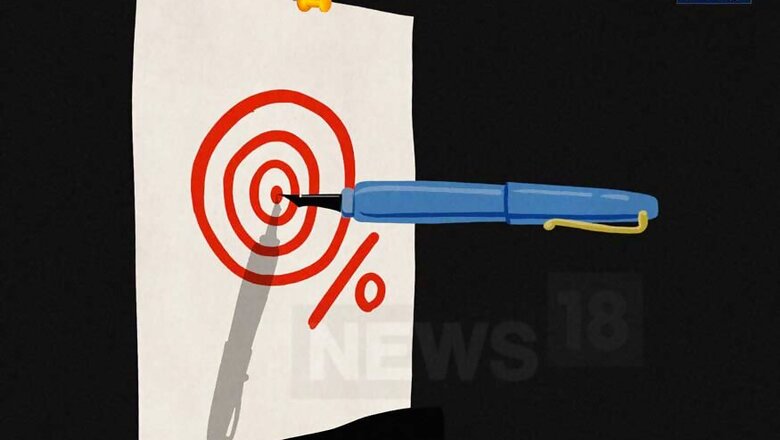
views
New Delhi: The beneficiaries of National Fellowship for Scheduled Caste students for higher education is likely to increase from 2,000 to 4,000, sources at the Ministry of Social and Empowerment said. The ministry is also mulling to change the eligibility criteria for the same.
According to the guidelines, the UGC selects JRF fellows in two cycles by conducting two exams in a year. For the SC fellowship, the 2,000 JRF candidates are selected in two batches of one thousand each. Until very recently, the candidates were selected by a committee formed by the Ministry. They were selected regardless of their result in the NET exam so as to bridge the differences in social equality.
However, sources said that system has been changed to the one based on merit.
"Under the new system, fellowships will be awarded to SC based on their result in the NET exam. Earlier, a committee appointed by the Ministry selected the SC fellowship students, while the UGC selected their share of SC students according to their result. Now the system is the same for everyone," sources privy to the development said.
The National Fellowship was launched by the government in 2005 as the Rajiv Gandhi National Fellowship to increase opportunities for SC students pursuing higher education degrees like MPhil and PhD.
"The proposed change in the scheme will increase the expenditure incurred by the government to more than Rs 3,000 crore. This requires the assent of the Cabinet. Even before that, the proposed change will require the assent of other concerned ministries. But the figure is bound to increase because the ministry is committed to it," sources said.
"This will not only enable them to be eligible for employment to the posts of lecturers lying vacant in various colleges and universities but will equip them to effectively take advantage of the growing opportunities at the national and international level in context of the new economic order," reads the official notification of the scheme.
Since its launch, the scheme had offered fellowship to a fixed 2,000 students every year. Sources have told News18 that Union Minister of Social Justice and Empowerment, Thawarchand Gahlot is motivated to increase the number of beneficiaries to even 5,000 - one thousand more than the already proposed change.
"There is a high infusion of expenditure in the proposed change. Earlier, the Ministry bore an expenditure of close to Rs 300-400 crores. Increasing this by four times will certainly raise questions and reactions at the Finance department. But the Minister is personally involved in this, so this change is due to come. It has a long drawn need for the scheme," sources said.
The proposed change is also contingent on the University Grants Commission, the nodal implementing agency of the scheme. Since 2018, students have applied for the fellowship via the UGC-NET exam for Junior Research Fellowship (JRF), while earlier applicants applied for the scheme through the university of admission.
While the UGC increased the allowance for JRF from Rs 25,000 to Rs 31,000 starting January 2019, the Ministry had until now not raised the figure due to procedural delays in implementation. However, sources at the ministry have confirmed that Fellows will receive the raised amount of Rs 31,000 from the coming month, and the difference thereof since it was brought into effect since January.
"The increased allowance amount of Rs 31,000 per month will be applicable within a day or two for SC students," the source said.
If the total number of the JRF fellowships are 6000, 500 SC students for instance are selected by the MHRD on the basis of their NET result, whereas the National Fellowship for SC was selected on the basis of research proposals. This system has been overhauled to make it completely rank oriented, said the source.
Although this change has been brought in to make the system more exam oriented, it is likely to help the number of students to avail the fellowship. "For the last five years, the number of selected students finally availing the fellowship has not crossed more than 50 per cent. For the previous year it was as low as 14 per cent," said sources.
Increasing the number of beneficiaries vis a vis making the selected process rank oriented may increase the percentage of student availing the fellowship. However, as a scheme for social empowerment changing the selection process to a rank oriented one may lose the scheme its original purpose.



















Comments
0 comment